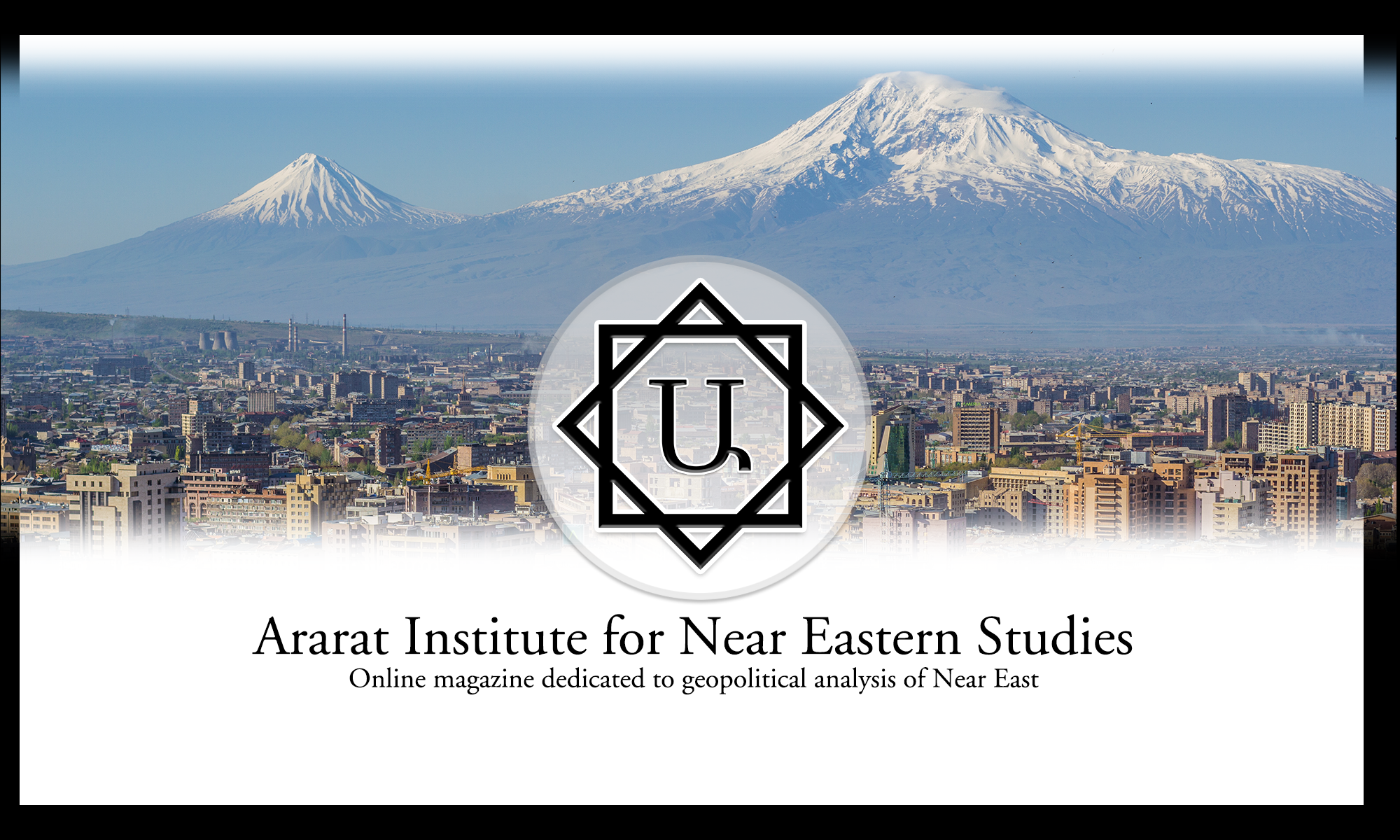By Grigor Hakobyan
Editorial:
The abrupt, unexpected, and tragic end of the Forty-Four Day War in November of 2020 has left the Armenian nation scarred, humiliated, and further divided not only in Armenia but also in the diaspora. Continuous anti-Armenian actions taken by the present government of Armenia and its political leadership are further reinforcing the view that it is very incompetent, if not treasonous, to be able to lead the county out of the present crisis and undertake the necessary steps to strengthen Armenian statehood to be able to withstand the next crisis looming on the horizon. The longer it tries to hold on to power by increasingly resorting to authoritarian methods to suppress people’s discontent against its rule, the higher is the probability for the public uprising that will not be necessarily peaceful or forgiving.
Nearly three years of rule by Nikol Pashinyan and his inexperienced and naïve government did not produce any significant results for any Armenian to be proud of. Looking back, one can argue that what happened in 2018 was not even a revolution but merely a change of government. Pashinyan and his government are nothing else, but a trojan horse sent to undermine Armenia’s national security through false agendas and false promises, which brought the country to the present crisis. Criminal oligarchs are free at large, Armenia’s borders are insecure, incompetent people are in charge of the government without any idea or experience how to run it, more than five thousand Armenians are dead, thousands of Armenians are wounded, nine thousand square kilometers of Armenian territory is lost, the economy is on the significant decline and no foreign or domestic policy is in place to address the issues at hand.
The Republic of Armenia, under present political leadership, does not have any foreign policy to promote its national interests abroad, and it does not enjoy the trust of its worldwide diaspora. The government in Armenia does not have any plan for a way out of the present crises. Presently, the Azerbaijani government gets whatever it demands while doing nothing in return. The security of Armenia’s borders appears to be primarily left to Russian soldiers to guard. Armenia is no longer the guarantor of Artsakh’s security, and the continuation of the Armenian statehood is increasingly under question. Much needed vetting and reforms that were promised to the Armenian people in 2018 did not materialize.
The next Azerbaijani-Turkish aggression against the Armenian people is not very distant and will happen within the next twelve to eighteen months, if not sooner. As the previous war has shown, the present government is not competent enough to manage or avert the next war that is fast approaching; therefore, the sooner it leaves the political scene, the better.
The only way out of the present crisis is to form an interim government made up of professional technocrats both from Armenia and its global diaspora competent in the areas of their expertise and capable of carrying out much-needed reforms to reorganize Armenia’s government, particularly Armenia’s military, replenish its arsenal, reinforce the security on its borders, and rewrite Armenia’s constitution by establishing a much-needed system of checks and balances.
Specifically, the parliament needs to amend Armenia’s constitution to transfer the powers of the PM to the country’s president. Soon after that the PM needs to resign and the parliament must disband. With newly acquired powers the President of Armenia would issue an executive order for the formation of the interim government followed by another executive order which will formalize the date for new parliamentary elections. In the meantime the interim government should prepare a packet of proposals that will address Armenia’s foreign policy, defense and domestic issues, including revision of the Armenia’s constitution to establish required checks and balances between different branches of government. Once the new parliament is elected, they will debate the proposed packet of constitutional amendments, foreign, defense and domestic policies and vote on adopting those that they can agree upon.
The interim government must reset the Armenian statehood by making it highly effective and efficient, sufficiently robust, and ready to deal with present and future challenges. Furthermore, it must develop a new vision and mission for the country, quickly organize new elections, and form a new government under new leadership and without any present or former officials. Although the task at hand will be complicated and arduous to implement, it is very doable and very much needed to secure the Armenian statehood’s existence for years and decades to come.
Note: Grigor Hakobyan is an independent political, defense and security analyst residing in Phoenix, AZ. He holds a Bachelors’ degree in Political Science from Arizona State University and a Master’s degree in Education from Grand Canyon University. In the past, he has written analytical articles pertaining to Armenia and the surrounding region for the Central Asia-Caucasus Institute of John Hopkins University. Grigor Hakobyan has interned at the US House of Representatives, where he researched ethnic conflicts and terrorism in Russia, Caucasus and Central Asia regions and prepared morning briefings for a congressman. Additionally, he has interned at the Potomac Institute for Policy Studies at the International Center for Terrorism Studies, where he researched terrorist networks operating in Russia, Central Asia and Caucasus regions. He is the founder and chief editor of Ararat Institute for Near Eastern Studies online magazine. From time to time, he also writes political analysis articles for ANN (Armenian News Network)/Groong.
 Copyright secured by Digiprove © 2021 Grigor Hakobyan
Copyright secured by Digiprove © 2021 Grigor Hakobyan

